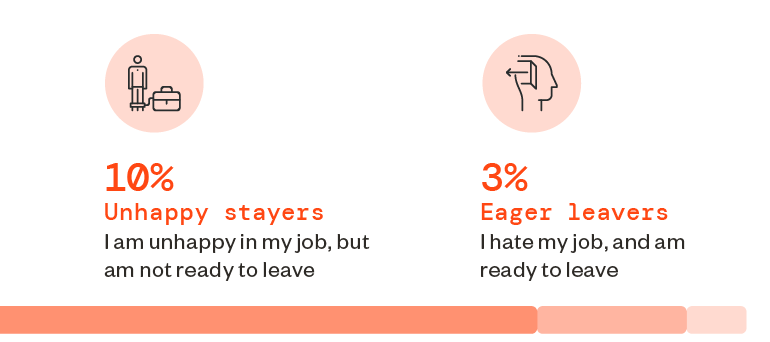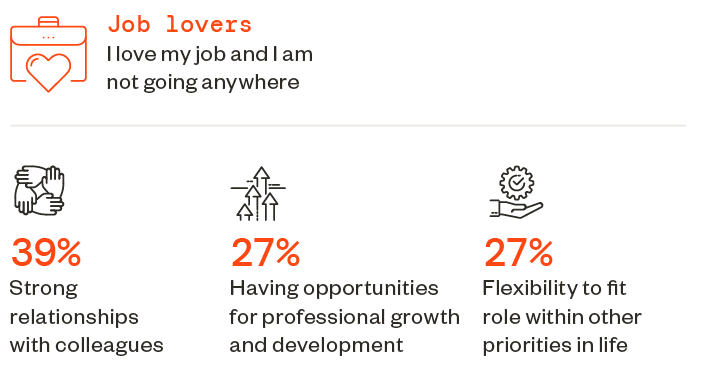
More than one in five workers (27%) are either extremely or very stressed by their current workload, a survey of more than 6,000 employees across Australia and New Zealand has found – but there is some good news.
The Feel Good Index, released by Frontline Recruitment Group in partnership with leading social researcher McCrindle, found these workers were more likely to recognise how their work is meaningful (67%), compared to those who indicate no stress (58%).
Similarly, workers who feel most stressed about their current workload are also more likely to believe their work plays a significant role in their overall life satisfaction.
Two in three workers (65%) who are extremely/very stressed about their workload describe their work as playing an extremely/very important role in their overall life satisfaction, compared to 54% of those who are not stressed at all.

Arthur McColl, CEO of Frontline Recruitment Group said one of the key positive findings for K-12 teachers were that overall, they feel positive about their job.
“Almost nine in ten education workers surveyed indicated feeling positive about their job. However, 56% said they were open to something better. So, whilst we know teachers have been suffering from burnout post the pandemic, they are still generally positive but a focus on retention is still critical for schools,” McColl told The Educator.
He said meaningful work and a strong culture can counteract stress levels and improve job satisfaction.
“The pandemic and associated challenges definitely made teachers feel stressed, however there is a difference between good and bad stress. Actions and achievements during periods of stress often provide a greater sense of fulfillment and pride, and teachers who stayed in the profession through and beyond the pandemic should feel proud of how they supported their students through that time,” he said.
“We also know that when work is meaningful, stress levels are tolerated better, and 60% of education workers believed that their work is meaningful and produces positive impacts – compared to 54% overall.”
McColl said the report shows education staff thrive when they have strong relationships with colleagues.
“Thirty percent of education workers surveyed said that strong relationships with colleagues is what made them feel good at work, ranking higher than a competitive salary and benefits,” he said.
“Our Feel Good Index research highlights the value of meaningful work for teachers. Structuring work so teachers can have a meaningful impact and the benefits of fostering a good culture within schools will help counteract stress and burnout.”

The research also uncovered a strong link between purposeful work and retention. Workers who were more likely to believe their work is meaningful and produces positive impacts where also more likely to report that they loved their job and had no intention of leaving.
Three in four workers who love their job (74% believe their work is extremely/very meaningful, compared to half of workers who are open to something better (50%).

McColl said this year, the research puts a new slant on work-life balance.
“Workers recognise that their job enables them to live well and adds to their overall life satisfaction, and that work-life balance does not necessarily mean a job with minimal stress.”


